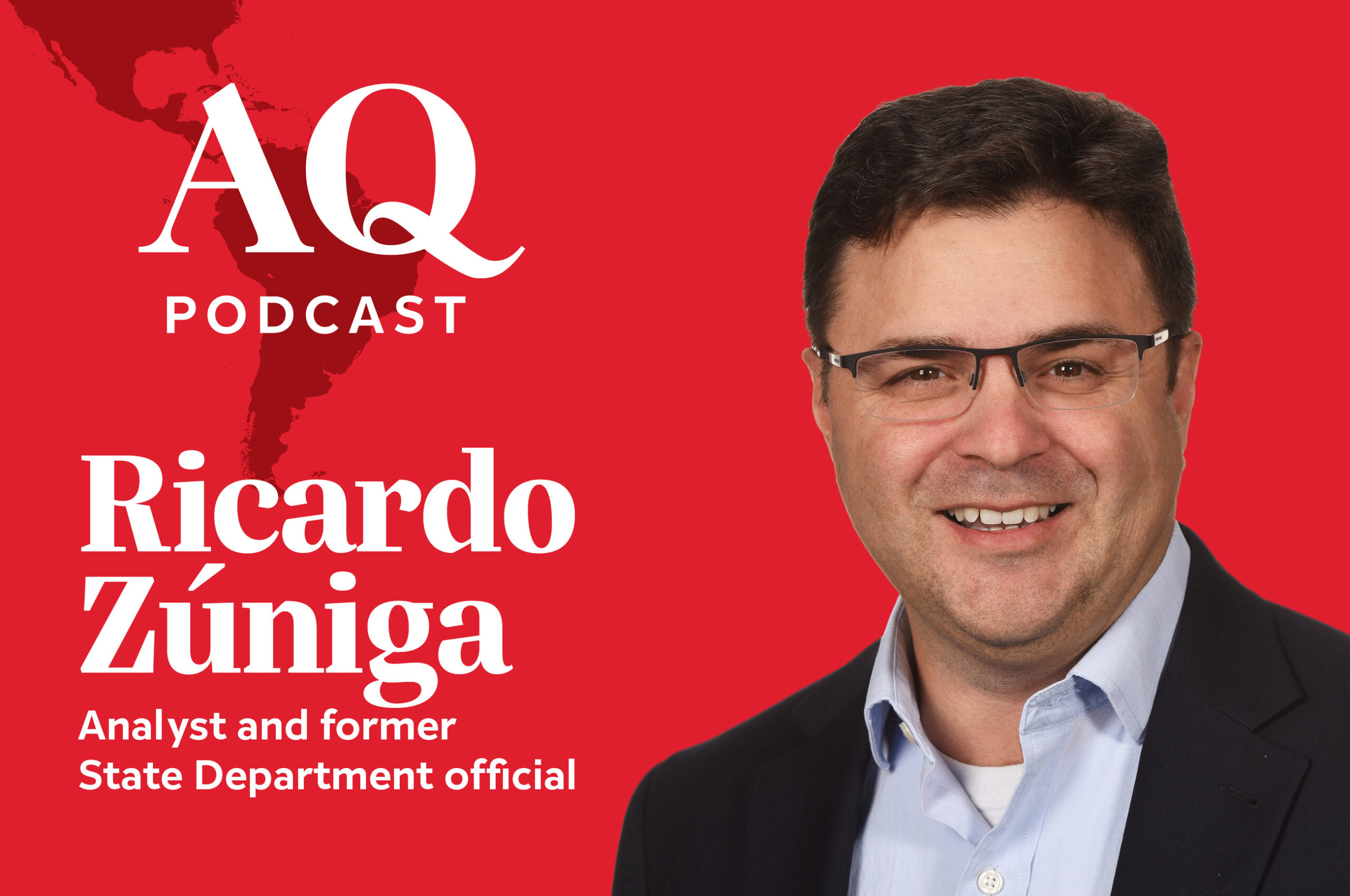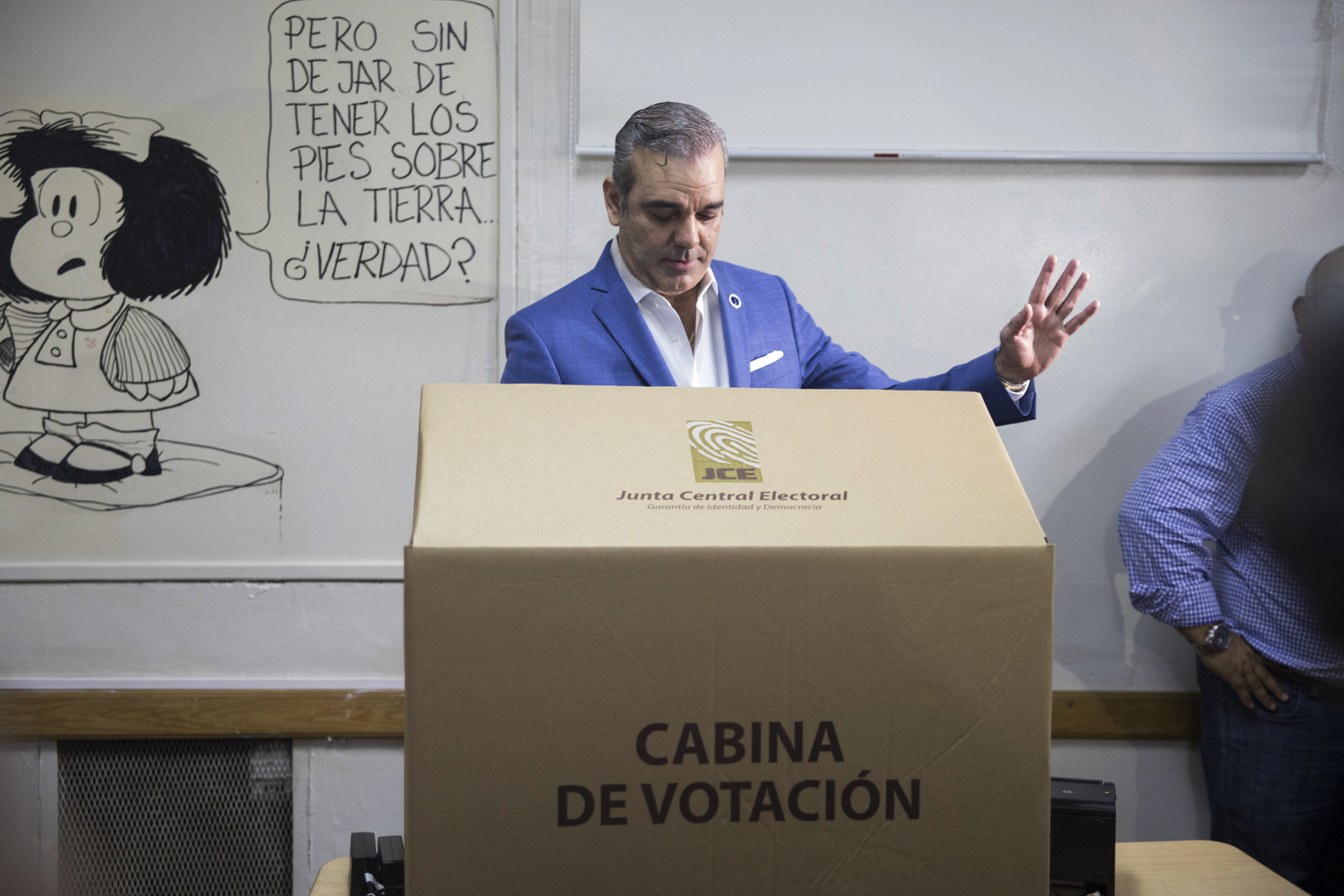The Marco Enríquez-Ominami Factor: Insight from Patricio Navia's El Díscolo
The Marco Enríquez-Ominami Factor: Insight from Patricio Navia's El Díscolo
As Chile prepares for its December 13 presidential election, this young candidate has shaken up the post-Pinochet pattern of two coalitions battling for the presidency.
In the lead up to Chile’s presidential election on December 13, Marco Enríquez-Ominami has burst dramatically onto the country’s political scene. The 36-year-old dissident candidate—or díscolo, in Chilean political parlance—has shaken up the race by adding a new dynamic of competition and offering an exciting alternative presidential candidacy.
Enríquez-Ominami (or ME-O as he his colloquially known) is shaking up what had become a stale—indeed boring—pattern of post-authoritarian political competition. Since Chile’s return to democracy in 1990, the center-left Concertación alliance, of which Enríquez-Ominami was once a member, has governed Chile. It is the country’s longest-lived and most successful coalition, capturing the presidency four times, each in two coalition contests against the center-right Alianza (now known as the “Coalition for Change”).
Surprisingly, polls show Enríquez-Ominami slightly trailing the Concertación’s mainstream candidate, Christian Democrat Eduardo Frei. A poll published by the Center for Public Studies (CEP) on November 11 shows ME-O at 19 percent and Frei at 26 percent support. Center-right businessman Sebastian Piñera leads all three candidates and is likely to receive 36 percent of the vote. But with a majority out of reach for all three candidates, it is far from certain as to who will face off in the second round of voting in January.
Please visit the Americas Quarterly website to read the full text of this article.







